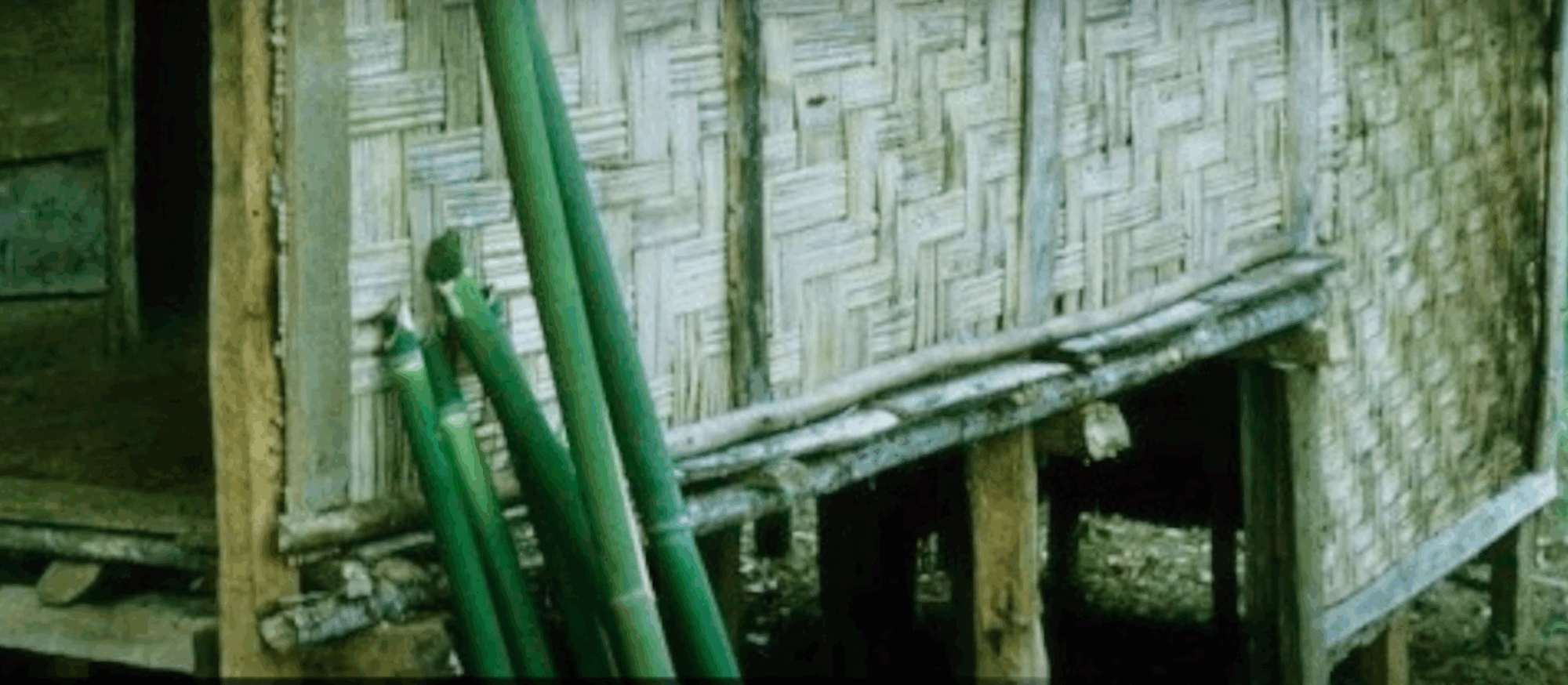The need for reliable clean electrical energy in PNG is most evident. The public electricity grid is over-aged and troubled with frequent blackouts which can last over extended periods such as several weeks in a row. This is caused by poor maintenance of the power transmission lines, interruption by natural disasters or simply the lack of fuel powering the diesel generators in rural areas or on the islands.
Even in urban areas blackout of the public power grid can occur on a daily basis for several hours, adding up to over 20% of total time over a month.
With no power available, communities cannot operate water pumps to fill the high-rise tanks for redistribution of water in the village. The hard labour of carrying water from the river or well to the village remains with women and children, mostly girls. Lack of fresh-water supply also leads to infections, numerous health problems and neglected body hygiene. When no water is available for washing clothes, daily cooking, house cleaning or to be used as drinking water, the whole village suffers. The need for electric water kettles to boil water for desinfection before drinking is yet another aspect in this context.
The lack of electrical lights in public spaces is also a security risk for women of all ages after dark. Electric lighting in family homes enables many evening activities such as reading, listening to radio broadcasts or study time for students after sunset.
During the visits to remote rural locations in our energy assessment studies for SolSol, we have also seen medical Health Centers that are forced to operate completely without electricity. Life-saving vaccines spoil rapidly when they cannot be kept cool in a fridge. Critical operations such as medical assistance for young women when giving birth need to be performed in the light of a cellphone torch. This is not adequate for the 21st century.
Yes, we can change this. Let’s do it.

